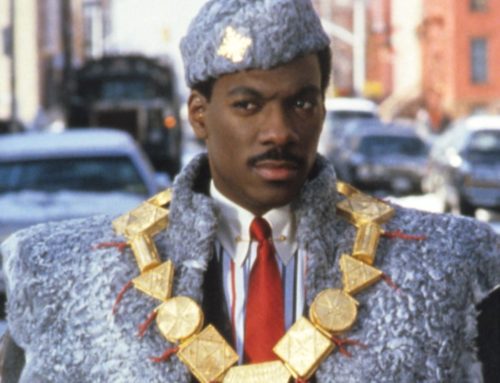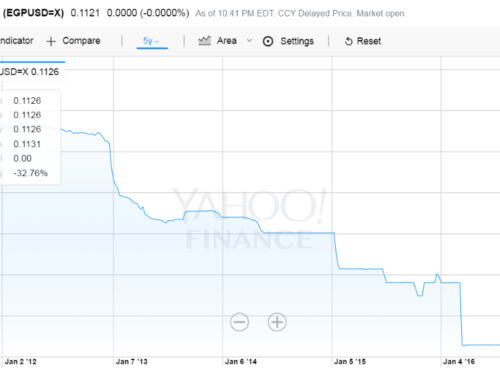My latest post for Foreign Policy Transitions. I am genuinely upset. Some things in Egypt are devolving from ‘seriously ridiculous’ to ‘batshit crazy’. Arresting children for blasphemy is one such instance.

“The most certain test by which we judge whether a country is really free is the amount of security enjoyed by minorities,” John Dalberg-Acton wrote in 1877. Egypt now seems to be reveling in its failure to pass that test. (Though I should add that a certain degree of caution is advisable here.)
The (latest) cause of my outrage is the arrest this week — yes, the arrest — of two boys, ages nine and 10, for blasphemy. The two Coptic boys were held in a juvenile facility and released four days later, though they were not acquitted.
They are said to have ripped pages out of a Quran, and perhaps even urinated on it.
Frankly, even if it were true — and we are relying on the account of one eyewitness – all I can say is “big effing deal.” They’re children. Kids are cruel and often do stupid things. The appropriate punishment would probably be to hand them to their parents for a spanking. Not to arrest them.
The charge is ridiculous from both a human and religious perspective. In Islam, people are only held responsible for their actions if they are adults — more precisely, if they have reached puberty — and if they qualify as sane. From a religious perspective, then, all children’s innocence is beyond questioning.
But this isn’t about religion. It’s about discrimination. This isn’t the first time Egypt’s Christians have found themselves at the selective end of a very heavy-handed legal stick.
27-year old Alber Saber (shown in the image above) was arrested earlier for sharing the ridiculous Muslim-hating YouTube video that inflamed Muslims’ emotions all over the globe last month. He is facing accusations of defaming Islam. Meanwhile, Muslim TV preacher Khaled Abdallah has been playing the video on a loop on his program without being the subject of comparable accusations, despite his deliberately incendiary stance.
It isn’t just Christians. Egypt Independent columnist Amr Ezzat reports that since the revolution, such blasphemy charges have been wielded against journalists, actors, and businesspeople (any of them Muslim). But, in a ludicrous example of selective justice, actors and business tycoons are not arrested. This, of course, is ironic, because the publicity generated by sending a young man to prison for a comment he posted to an internet forum (hateful as it might be), and which was probably only read by a dozen or so people, means that thousands more will be “exposed” to whatever he might have said.
But punishment, as we know, is not the true objective. The purpose is to galvanize public opinion.
Does Egypt have a minorities problem? Yes. And it’s growing. It is not a systematic policy; one cannot attribute it to the political dominance of a conservative Islamist president and parties. They are to blame, indisputably, for their passivity and their pandering to the electorate’s basest instincts. It’s a story as old as the history of nations: When the going gets tough, as is currently the case for many of Egypt’s struggling majority, people retreat into sectarian identities and blame the “other.” It’s all too easy to stoke religious feelings to divert attention away from the real issues (such as the new constitution currently being drafted). But like many things that are easy, succumbing to this impulse can have destructive effects. Giving free reign to religious tensions and indulging the most intolerant and ignorant elements of our society is like a dying body shutting down its secondary functions to preserve the core organs: A desperate solution. It’s easy, and it’s cheap. It’s repugnant.
So where is Egypt heading? Are our politicians really willing to let the country self-destruct, all the way down to the community level, to ensure they remain in office?
One thing is certain: As long as minorities are made to feel unsafe — with every possible faux pas, real or imagined, threatening to land a nine-year-old in jail — then we are all (Muslims and Christians alike) far from being free.
Shame on us. Shame on us.



